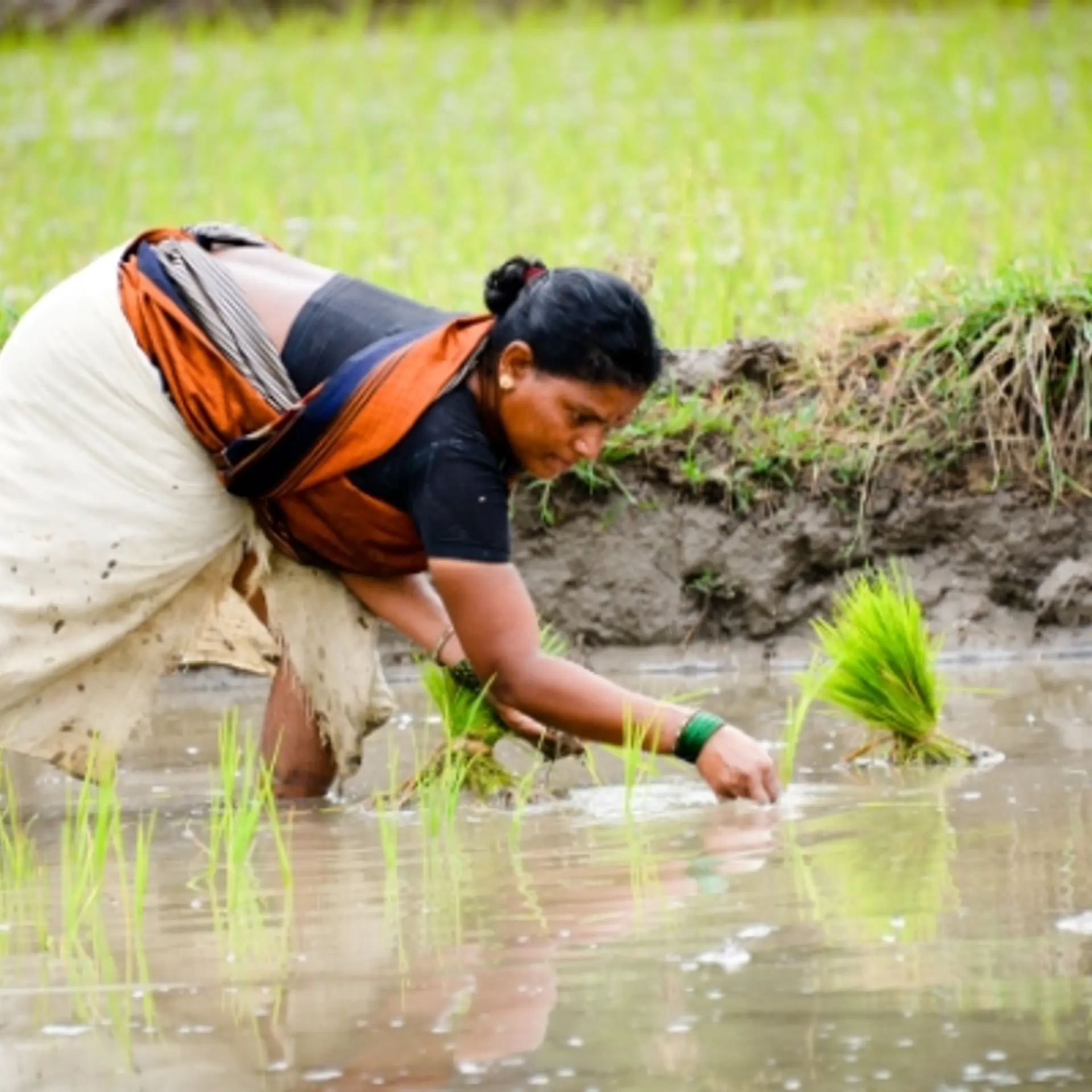Childcare allowance for women with disabilities doubled
The Centre has increased the monthly childcare allowance for women with disabilities from Rs 1,500 to Rs 3,000. This will be payable from the time of a child's birth until the age of two.
This doubling of the allowance is as per the recommendation of the Seventh Central Pay Commission, which suggested an increase of Rs 2,000–3,000. The increase in allowance aims at acknowledging the difficulties that arise when a physically challenged mother gives birth to a child.

However, this amount will be paid only to the two eldest surviving children. According to PTI, the Department of Personnel and Training (DoPT) order issued a few days ago states,
“The above limit would be automatically raised by 25 percent every time the Dearness Allowance on the revised pay structure goes up by 50 percent."
Along with childcare allowance, the DoPT order also mentions an educational reimbursement allowance of Rs 2,250 per month to children of government employees. The amount of hostel subsidy per month has been fixed at Rs 6,75o. If both the spouses are government employees, only one spouse can avail the reimbursement.
The order also abolished desk allowance of Rs 900 per month payable to desk officers in the Central Secretariat Service (CSS).
At this juncture, it is important to look at the larger picture and the amount of money the Union Budget has allocated to persons with disability. It looks promising as the allowance has increased to Rs 855 crore to empower the disabled population of 2.68 crore.
The Budget also aims at making 500 stations disabled-friendly by building lifts and escalators, according to Youth Ki Awaaz.
Similarly, the budget for establishing colleges for people with hearing impairment has been increased to Rs 3 crore. On a positive note, capacity-building training for persons with disability will become more efficient and reach more people as the budget for that too has been significantly increased.
Despite all this, the question of why childcare allowance should be stopped once a child attains two years of age still lingers.
Do you have an interesting story to share? Please write to us at [email protected]. To stay updated with more positive news, please connect with us on Facebook and Twitter.







